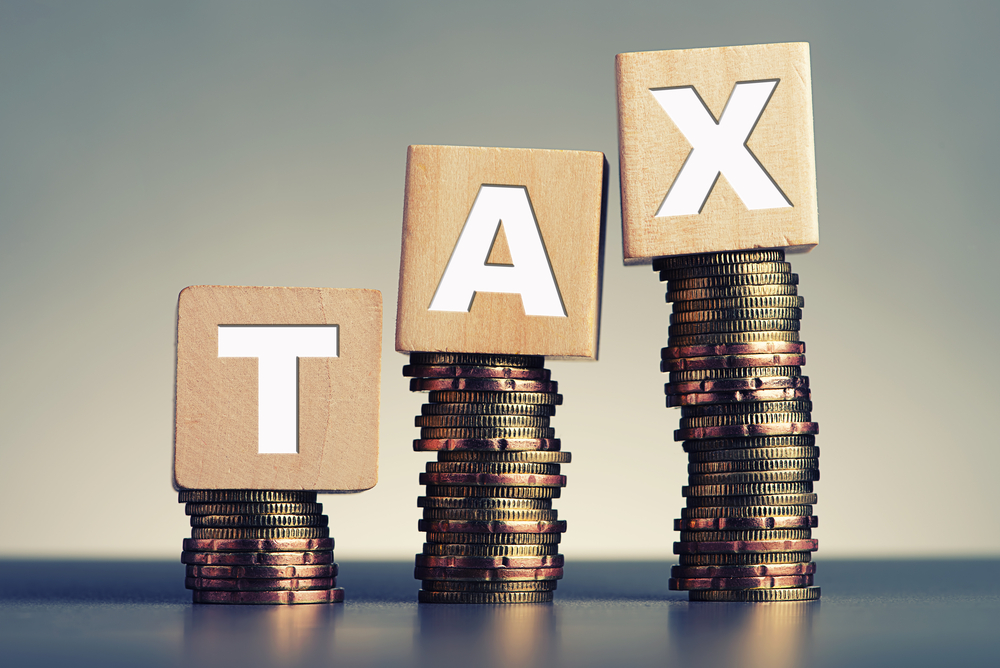Household Bills
IHT receipts bounce higher: five steps to minimise your liability

Inheritance tax (IHT) receipts have surged by 22.9% in the first quarter of the tax year. Figures reveal an extra £2bn has been raised in IHT since March.
Receipts from IHT had been rising steadily until 2007/08 due to increases in residential property and the stock market, but then fell following the introduction of the Transferable Nil Rate Band and a fall in house prices.
Since 2009/10, receipts have increased and these figures represent a new peak. This is in spite of the introduction of the government’s flagship inheritance tax policy – the new Residents Nil Rate Band – which was introduced in April. Inheritance Tax receipts are £285m higher than the same time last year.
HMRC attributed the rise to rising asset values and a higher number of deaths in the final months of 2014/15 compared to the same period in previous years.
However, Sean McCann, chartered financial planner at NFU Mutual, said they showed the effects of the government’s anti-avoidance measures. He said: “It’s clear that the taxman is cracking down hard on inheritance tax by looking more closely at people’s estates and challenging claims for reliefs.
“When inheritance tax receipts rise, it’s usually because of a buoyant housing market. Now, with property prices stagnating, it’s difficult to see what could have caused such a sharp increase in receipts other than a more aggressive approach to inheritance tax.”
There is reason to believe that IHT receipts may move higher from here. The government plans to introduce legislation to ensure that ‘non-doms’ who own UK residential property via an offshore company or other structure will pay UK inheritance tax on the property.
This was due to come into effect in April 2017, but was delayed by the General Election. However, Treasury officials have indicated they are committed to introducing the measure as soon as possible in the new Parliament. There is also a six-month delay between a death and IHT being due, so it will not be reflected in the figures immediately, but with many ‘non-doms’ owning expensive London property, the sums involved may be significant and push up IHT receipts.
Tony Müdd, divisional director for development & technical consultancy at St. James’s Place, says it is possible to keep bills to a minimum: “Families can take steps to mitigate the impact; by taking advice and suitable planning… New rules introduced earlier this year have provided some relief, such as the £325,000 threshold and the new ‘residence nil rate band’ (RNRB) which are transferrable; you can pass both tax-free allowances onto your spouse or civil partner when you die. RNRB increasing to £175,000 in 2020/21, means a married couple could eventually pass £1 million to their children or grandchildren without attracting IHT. However, the devil often lies in the detail. The reliefs often come with caveats and, unless you understand what those are, you risk making assumptions. Quite often, those assumptions are wrong.”
He gives five key tips:
1. Use the allowance for individuals to give gifts worth up to £3,000 a year (£6,000 if you use the previous year’s allowance as well) without incurring any IHT.
2. Individuals can pass on larger amounts of money free of IHT, so long as they live for seven years after making the gift.
3. Take account of the ‘normal expenditure out of income’ rule – if you give gifts out of your income and, in doing so, don’t damage your standard of living, they are exempt from IHT, and there is no upper limit.
4. Spread your giving over a number of years rather than paying out a lump sum.
5. Don’t give away too much too soon – otherwise you could be dependent on your children.”